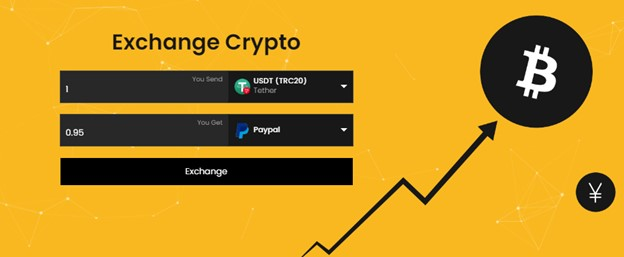Social platforms were built to bring people together. In practice, they’ve also become tools for manipulation, surveillance, and abuse. What used to be confined to physical space now happens across DMs, Stories, and shared passwords. And in many cases, the abuse isn’t visible. There are no bruises. No shouting. Just a slow erosion of autonomy through apps designed to track, monitor, and coerce.
This isn’t theory—it’s happening. And it’s pushing both victims and accused parties into Florida’s legal system at increasing rates. For anyone caught in the middle of a digital dispute that crosses the legal line, working with a Florida domestic violence attorney becomes essential, not optional.

What Modern Abuse Looks Like
We’ve moved past the idea that domestic abuse is only physical. Today, it often shows up as constant phone checks. Location tracking. Demands for access to Instagram passwords. Rules about what can and can’t be posted. Sometimes it escalates to threats over DMs. Other times, it stays hidden—covert but consistent.
Digital abuse is now legally recognized in many jurisdictions, including Florida. It’s not always straightforward, but the courts are adapting. If you’re threatened through a phone, if someone shares intimate images of you without consent, or if you’re repeatedly harassed online, those actions are not just wrong. They may be criminal.
And as digital evidence becomes more central in court—screenshots, message logs, app records—the need for specialized legal help grows. Victims need protection. Those falsely accused need a fair defense. Both need someone who understands how social and tech platforms intersect with domestic law.
Revenge Porn Isn’t Rare—It’s Rising
Revenge porn, or the non-consensual sharing of explicit content, is one of the most damaging forms of digital retaliation. Florida has strict statutes criminalizing it, but many people don’t realize they’re breaking the law until it’s too late.
Most of the time, the content was shared willingly within a relationship. But when trust breaks down, that material is used as leverage—often publicly. The consequences are severe. Aside from the personal damage, the legal penalties include jail time, restraining orders, and civil lawsuits.
Even a threat to share private content, without actually doing it, can fall under Florida’s domestic violence or cyberstalking laws. If this kind of threat is made online or over text, it counts.
This is where the legal process starts. And it’s where legal expertise—specifically, from someone who knows Florida domestic violence law—becomes non-negotiable.
Public Breakups, Legal Backlash
Breakups don’t stay private anymore. A messy end can turn into public posts, subtweets, callouts—and in some cases, full-blown smear campaigns. While this might seem like drama, not danger, it becomes legally significant when the posts escalate into threats, defamation, or repeated harassment.
Florida law allows courts to issue injunctions (protective orders) in cases of digital stalking or abuse. Whether someone’s constantly tagging you, creating fake profiles, or sending harassing messages, it qualifies.
Importantly, these protections work both ways. If you’re accused of online harassment but believe your actions were misinterpreted or fabricated, you also have the right to legal defense.
What matters is this: screenshots and message logs don’t lie. Once the screenshots enter the courtroom, it’s no longer just a story—it’s evidence.
The Legal Landscape Is Adapting
The justice system is catching up with the realities of online abuse. Judges now ask for phone records. Attorneys present Instagram DMs as primary evidence. Digital abuse is becoming central to domestic violence litigation—not an afterthought.
In Florida, legal responses now cover a wide spectrum: from protective orders and counseling mandates to jail time for cyberstalking or distribution of private content. At every stage, both sides of a case are expected to back their claims with clear documentation. This means your texts, your social media posts, your digital behavior—all of it matters.
This shift puts more responsibility on individuals to understand the legal boundaries of online interaction—and more pressure on legal professionals to interpret them.
Abuse Has Evolved. So Should Our Response.
What we’re seeing now is a transformation—not just in how abuse is carried out, but in how it’s proven. Social media makes it easy to document patterns. But it also makes it easy to make mistakes. What feels like a private comment can have public consequences. What starts as a reaction can quickly turn into a case.
Digital relationships are real relationships. And abuse, even if it happens through a screen, still requires legal intervention.
If you’re navigating a situation that involves control, threats, or coercion—especially when it plays out online—the first step is to stop underestimating the damage. The next is to get the right legal support.
Because when abuse goes digital, the consequences are still very real. And the only way through is with clarity, evidence—and counsel that understands the full picture.
The source of this article is Baddiehub.






